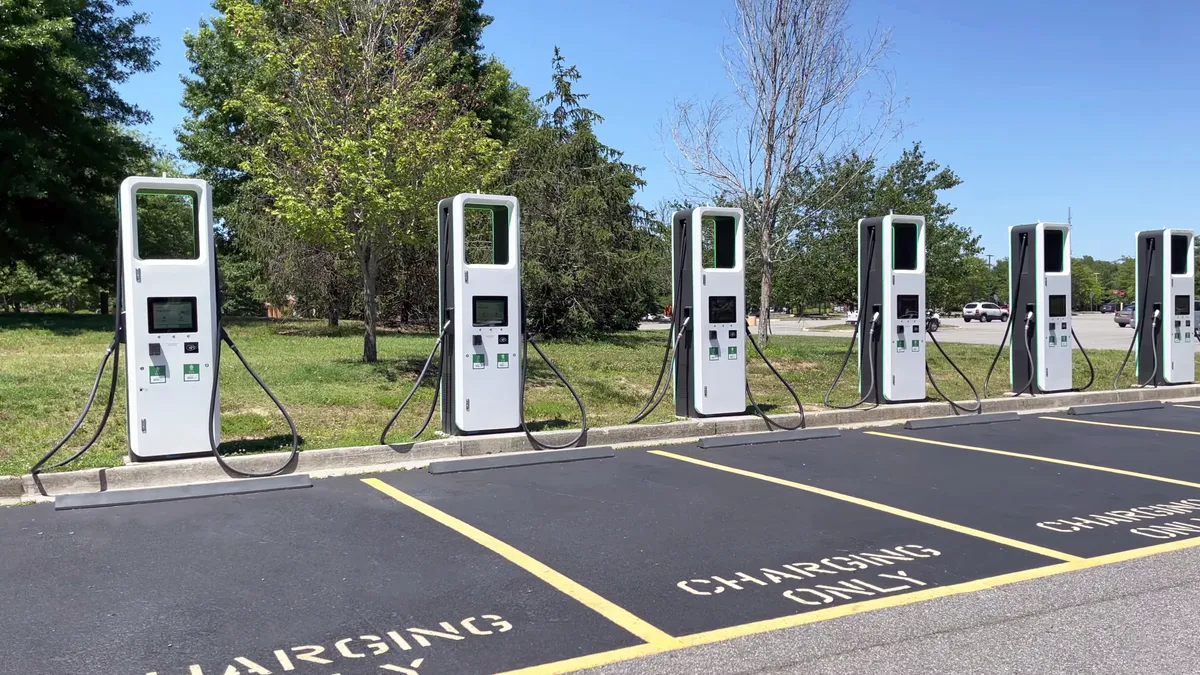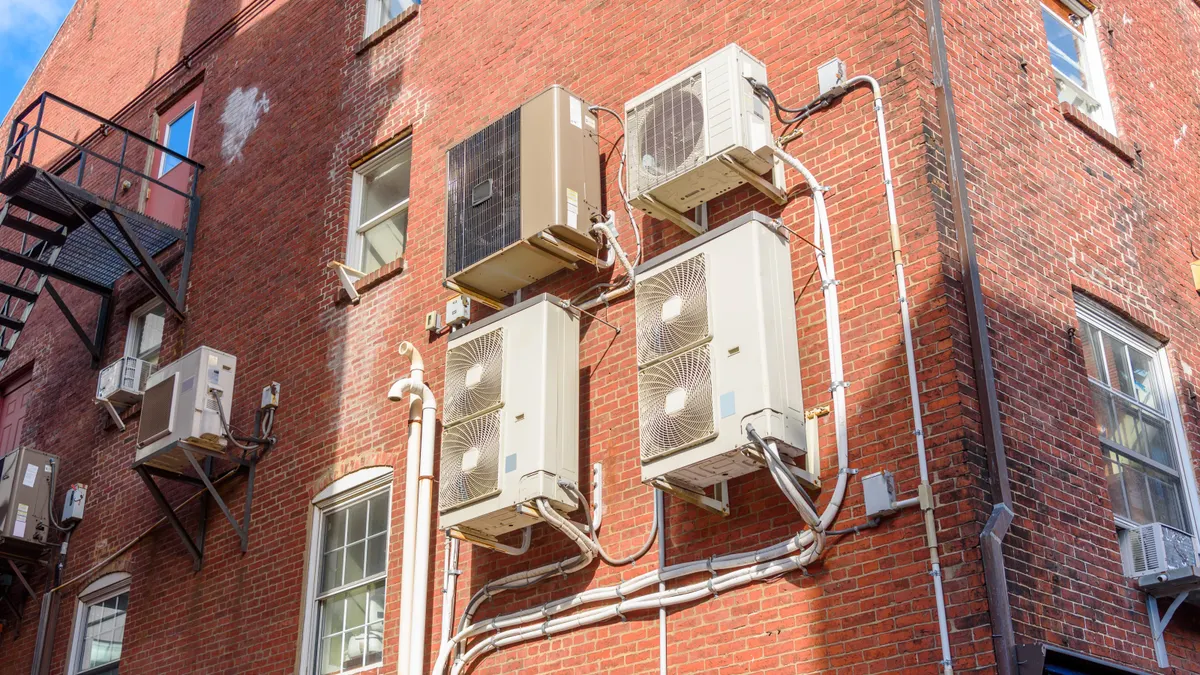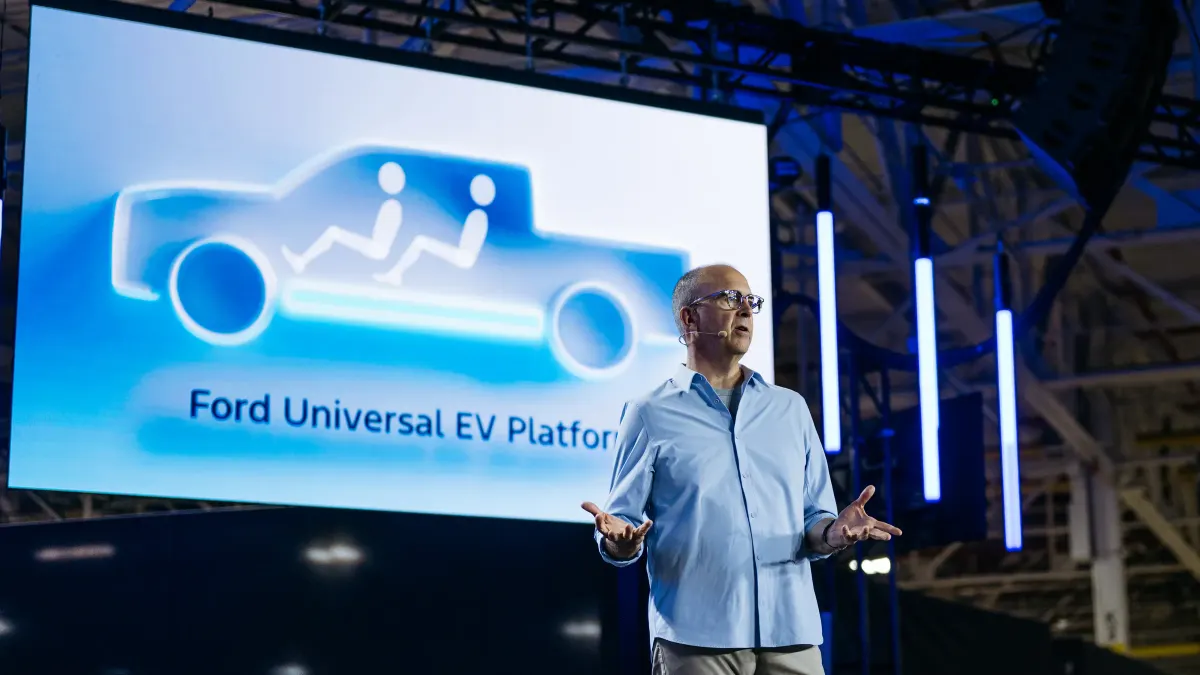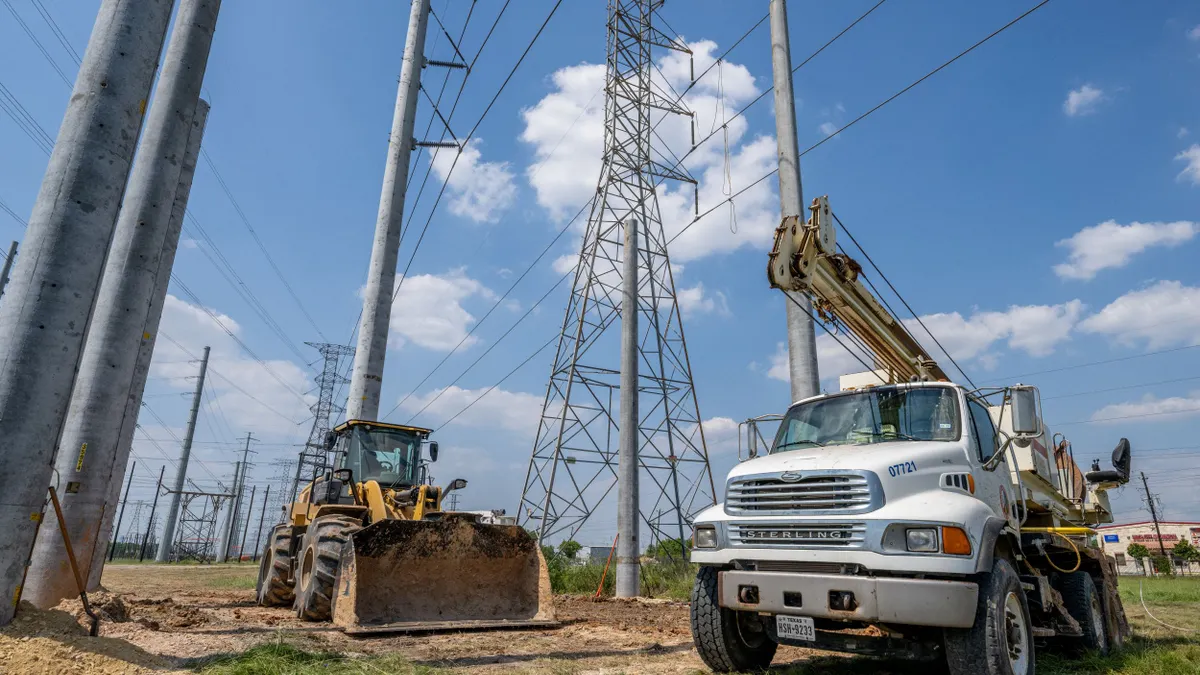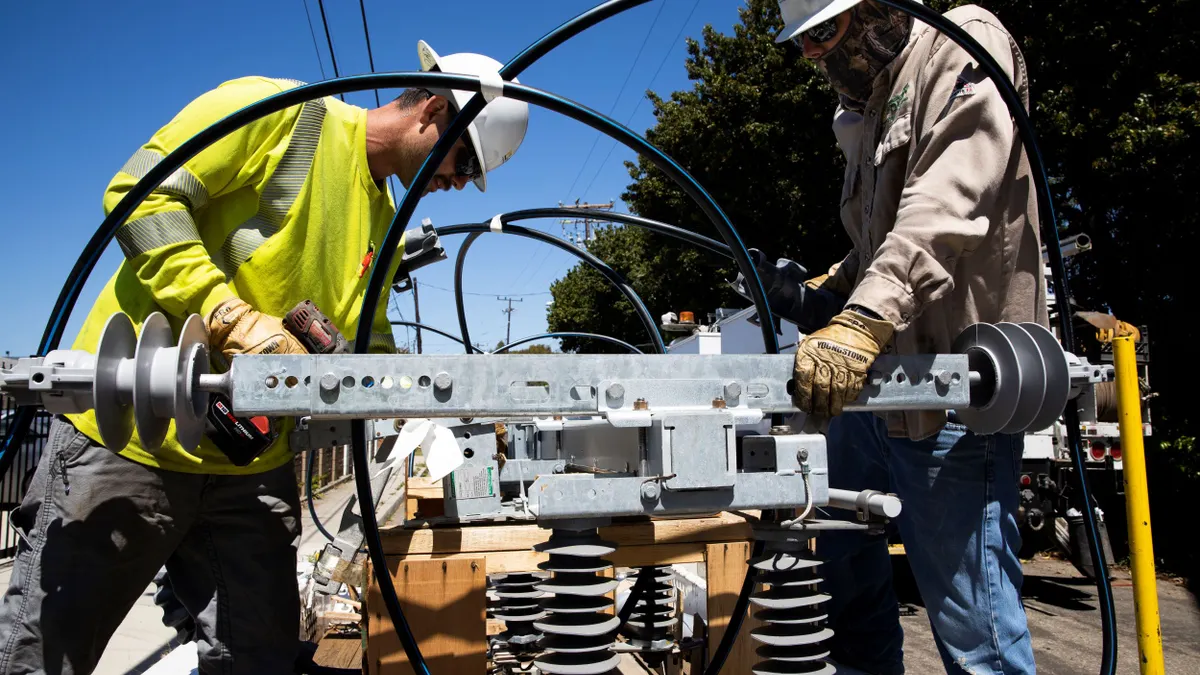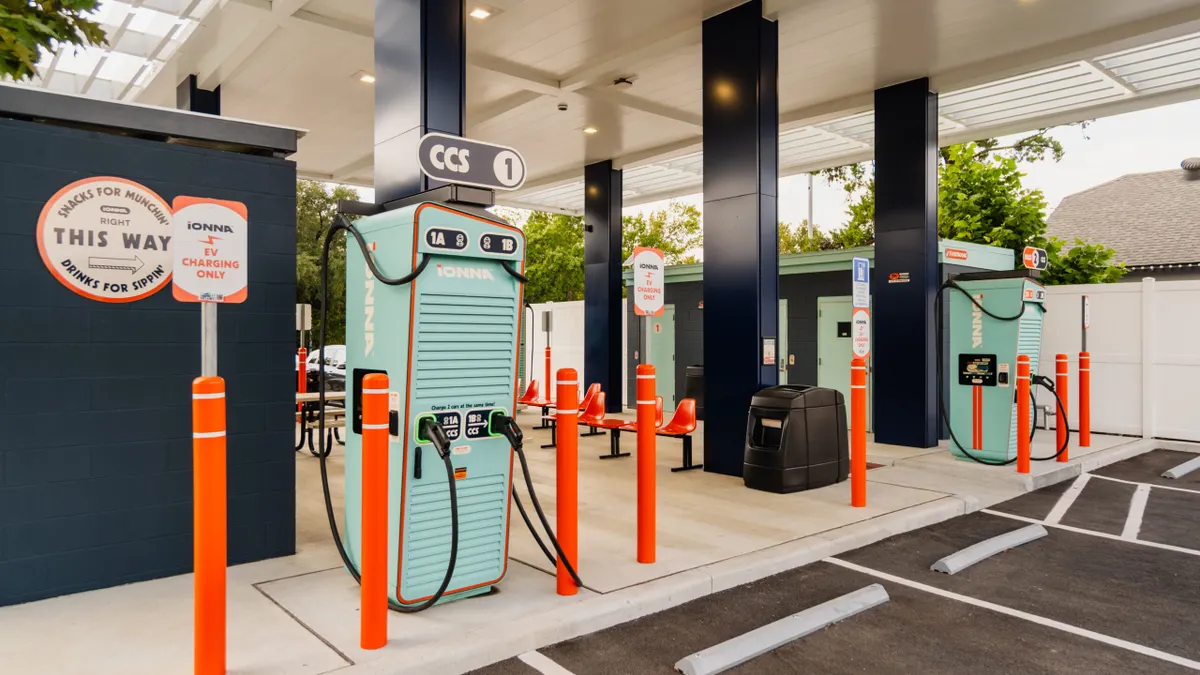Jamey French is president and CEO of Northland Forest Products,
The Environmental Protection Agency recently announced the most stringent car pollution standards for the U.S. to date, but our charging infrastructure is struggling to keep up with new regulations and increased consumer demand for electric vehicles.
The Biden administration’s new tailpipe emission regulation would start in 2027 and gradually increase through 2032, forcing an estimated two-thirds of all new-car sales to be electric by the end of that timeline. However, with only 130,000 public charging stations in the U.S. and about 1.7 million needed by 2030, it’s questionable whether charging station infrastructure will keep pace with nationwide EV adoption.
Fortunately, the U.S. can meet the needs of future EV owners by unleashing the private sector. Many small businesses and fuel stops are already positioned to serve customers’ fueling needs across the country. With a vast array of established locations and an eye toward meeting customers’ every need, it only makes sense to let them compete to provide EV charging services.
Current barriers to the EV charging space have prevented many businesses from installing and operating charging stations due to the lack of economic viability resulting from an unfair marketplace. If lawmakers truly want to transition the transportation sector to EVs, they will need to reduce impediments to private sector participation in the EV charging space.
Many businesses see economic opportunity in helping expand the American network of charging stations, with some already making the hefty investment to purchase and install EV chargers. But after spending hundreds of thousands of dollars to get these stations operational, business owners are often stunned by their monthly utility bill.
Due to demand charges that are levied whenever a company’s energy usage spikes, an extra fee is tacked onto their bill. Just about every time a charging station is in use, the business owner is incurring a demand charge, often racking up a debt greater than the profit made from selling electricity to EV owners.
Given this, the private sector can hardly afford to keep stations operational, let alone continue to install and expand a charging network that is desperately in need of new infrastructure in new locations.
Unfortunately, electric utilities are less inclined to eliminate demand charges given their outsized ability to compete in the EV charging market. Utilities are not subject to their own demand charges and can sell their own electricity at a lower rate subsidized by ratepayers, given that utilities can charge their current customers to recoup lost revenue. This unfair dynamic means private businesses will always be at a competitive disadvantage so long as utilities remain free to levy demand charges and box out their competitors.
In addition, utilities often receive government funding and incentives to install EV charging stations, but those same incentives don’t exist for keeping stations operational, resulting in many public charging stations falling into disrepair. Last year, researchers in the San Francisco Bay Area discovered that nearly 23% of all the charging stations in the region were inoperable. These problems have led several states and the federal government to mandate a 97% uptime standard in order to receive funding for those projects. This means charging stations could only remain inoperable 11 days out of the year, a tough task for electric utilities only equipped for installation as opposed to maintenance.
The incentive structure is vastly different for privately-owned charging stations. Individual businesses would be directly responsible for their charging stations and be motivated constantly to keep them operational given their initial investment and the need to keep them available for consumers and profitable for their budget. Incentivizing and eliminating the challenges businesses face when installing charging stations could help boost the number of charging stations and reduce the likelihood they’re broken when an EV driver pulls up.
To ensure this comes true, lawmakers must act on demand charges. States like Alaska serve as a prime example for having used their regulatory powers to force utilities to rewrite their rate structures to eliminate demand charges for EV charging stations. Texas Gov. Greg Abbott recently signed into law legislation to prohibit utilities from selling electricity through charging stations they own and operate and prevent utilities from recouping the cost of charging stations through ratepayer funds.
Both state efforts exemplify the need for lawmakers to ensure the EV charging space can serve as a free market unhindered from the anti-competitive practices of electric utilities. The Biden administration will struggle to power the EVs they seek to advance in the market unless they make it easier for the private sector to own and maintain EV chargers. It’s time to eliminate the demand charges hampering private industry and let the business community go to work expanding the nationwide EV charging network.


